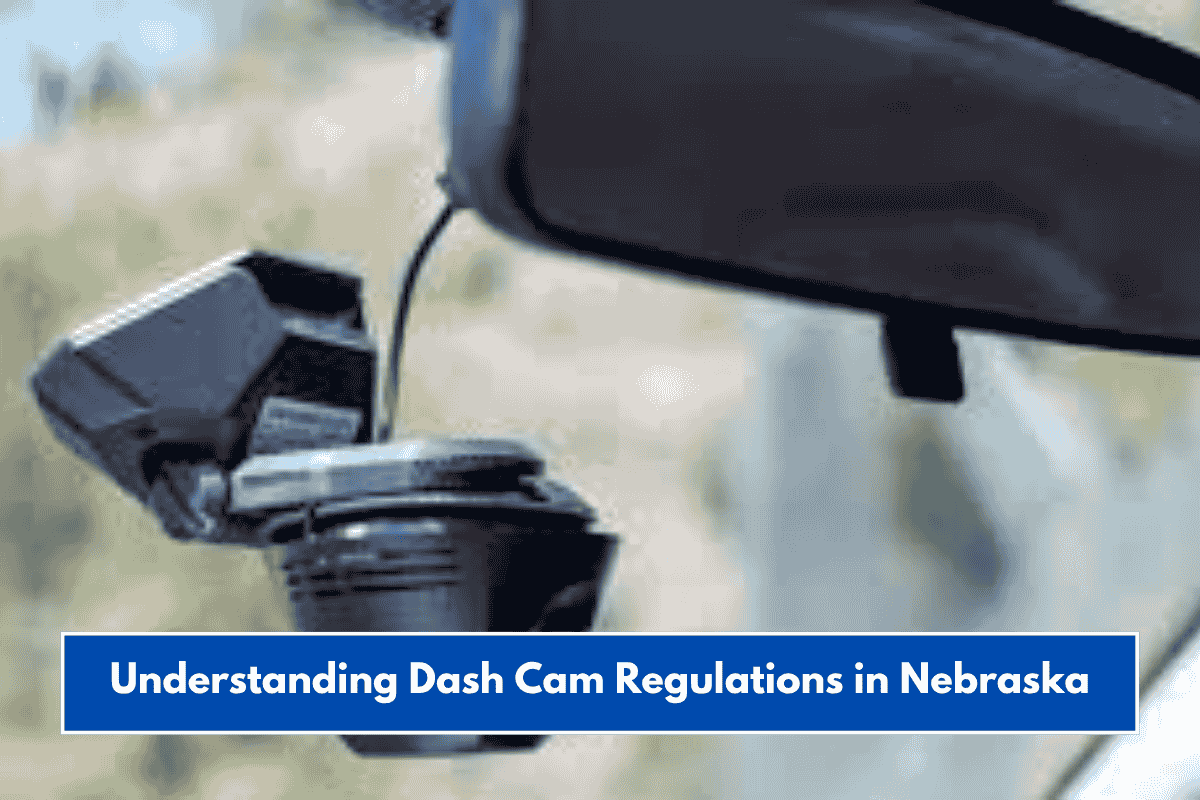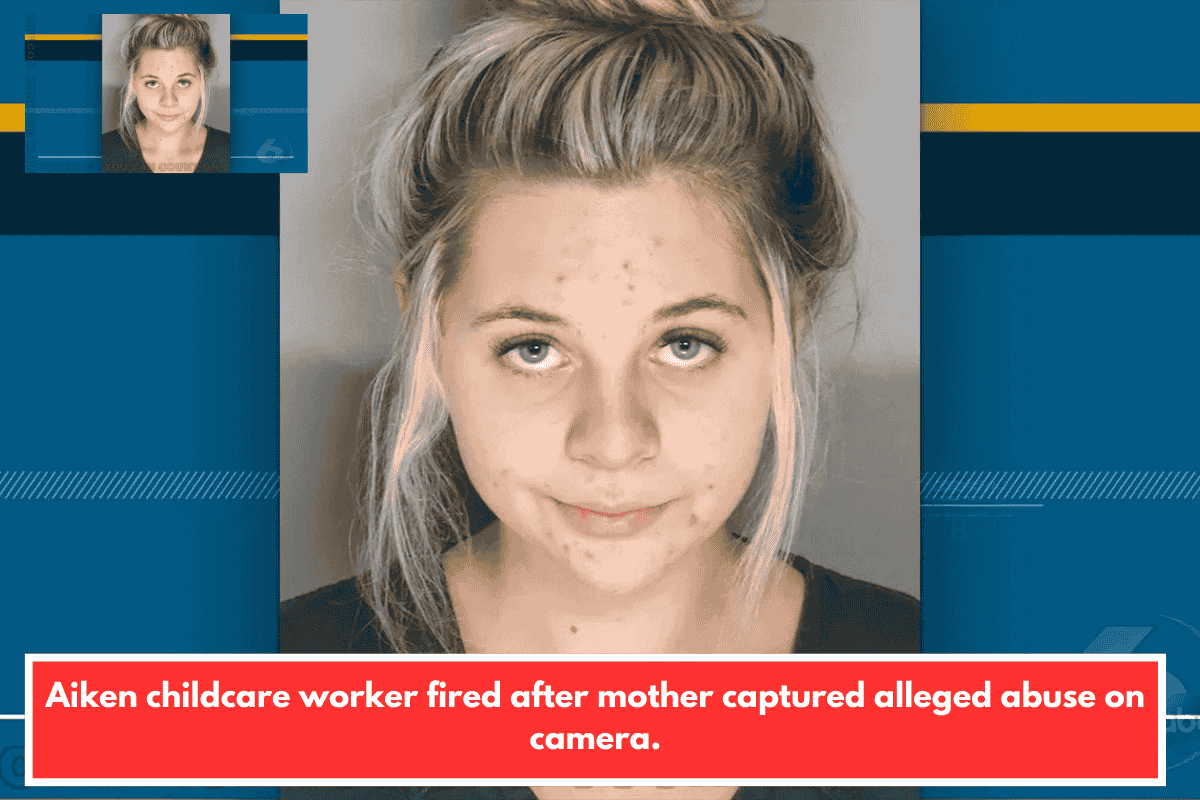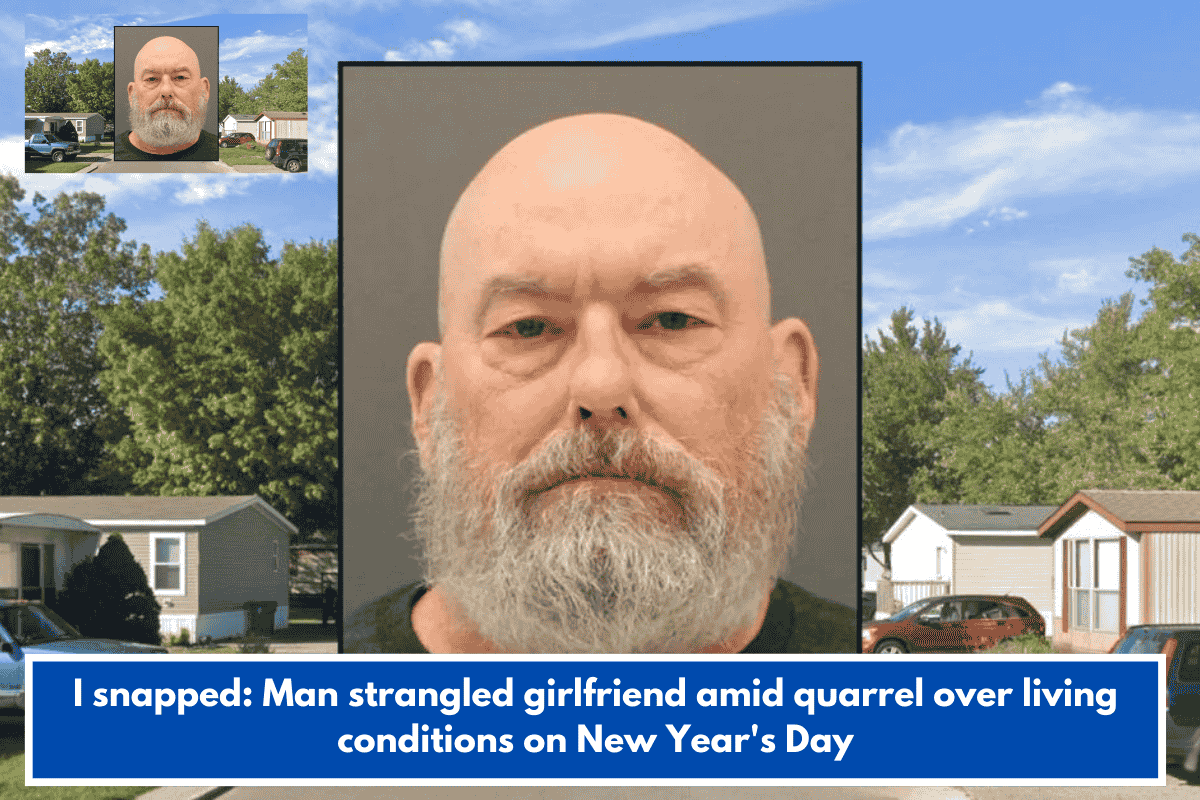Dash cams have become an essential tool for many drivers, offering security, recording evidence in the event of an accident, and protecting drivers from potential false claims. However, like all technology, the use of dash cams is subject to state laws and regulations, including in Nebraska. If you’re considering installing a dash cam in your vehicle or already have one, it’s important to understand the legal landscape in Nebraska. Here’s a guide to the state’s dash cam regulations.
Are Dash Cams Legal in Nebraska?
Yes, dash cams are legal in Nebraska. There is no state law that outright bans the use of dash cameras in vehicles, and they are commonly used for both personal and commercial purposes. However, while the installation and use of dash cams are legal, there are still important considerations regarding privacy and how footage is used.
Privacy Concerns: Recording Audio and Video
One key issue that often arises with dash cams involves privacy laws, particularly when it comes to recording audio. Nebraska, like many states, follows laws related to wiretapping and recording conversations. This is especially important if your dash cam is capable of recording sound as well as video.
Nebraska’s Wiretap Law:
Nebraska is a one-party consent state when it comes to recording audio. This means that as long as one party involved in the conversation is aware that the conversation is being recorded, the recording is legal. In practical terms, if you are recording in your vehicle and the conversation involves you or people inside your car, you do not need the consent of others to record their conversations.
However, if your dash cam records conversations between people outside of your vehicle, or if you plan to record interactions with others outside your car, it’s crucial to ensure that you are compliant with privacy laws. The best practice is to disable audio recording if you’re unsure about the legality of recording audio in certain situations.
Mounting a Dash Cam in Nebraska
While dash cams are legal, they must be mounted properly in your vehicle to avoid creating a safety hazard. Nebraska law does not have specific guidelines on where dash cams should be mounted, but there are general traffic safety rules to consider:
- Obstruction of View: Dash cams should not obstruct the driver’s view of the road. If a dash cam is mounted in a way that blocks the driver’s line of sight—especially through the windshield—it could lead to a traffic violation or be considered a safety hazard. Common practice is to mount the camera near the rearview mirror or on the dashboard in a location that doesn’t interfere with visibility.
- Distraction: While dash cams can be helpful, they should not be placed in a way that distracts the driver. For example, placing a camera in a spot that may cause you to reach up or adjust it frequently while driving could lead to distracted driving issues.
Using Dash Cam Footage
Dash cam footage can be incredibly useful in the event of an accident or legal dispute, but there are some important regulations regarding how you can use that footage:
- Sharing Footage: If your dash cam records an incident that you think is relevant to an investigation or court case, you can share it with law enforcement or provide it as evidence. However, be cautious about sharing footage publicly (such as posting it online) if it contains sensitive information or violates privacy laws.
- Footage of Accidents: If your dash cam records an accident or another incident on the road, it may be used as evidence. In the case of a traffic stop or if you are involved in a legal dispute, the footage could help clarify the facts. However, always make sure that sharing this footage does not infringe on anyone’s privacy rights.
Local Regulations and Law Enforcement
Some local jurisdictions within Nebraska may have additional rules regarding dash cams, especially concerning the recording of law enforcement officers or other individuals. In general, law enforcement may not have the right to seize or use dash cam footage without your consent unless it is part of a criminal investigation or you are involved in a case where evidence is required.
If you plan to use your dash cam to record interactions with police officers, it’s important to note that police have the right to stop or confiscate any recording device if they believe it is interfering with their duties. Always be respectful of law enforcement during interactions and be aware of the potential for legal issues if you film police activity.
Dash cams are legal in Nebraska, but like any technology, there are important considerations to ensure compliance with privacy laws, traffic safety, and proper use. As long as you respect privacy concerns (especially related to audio recording), mount the camera in a way that does not obstruct your view, and use footage responsibly, you should be able to take full advantage of your dash cam without legal issues. If in doubt, always consult local laws or a legal professional to ensure that you are following the correct procedures for recording and using dash cam footage in your state.
SOURCES
[1] https://www.enjuris.com/blog/resources/dash-cam-laws-by-state/
[2] https://www.ddpai.com/blog/dash-cam-laws/
[3] https://www.expertmarket.com/dash-cams/dash-cam-laws-by-state
[4] https://www.bottlingerlaw.com/blog/nebraskas-dashcam-laws-and-their-effect-on-liability/
[5] https://matrackinc.com/dash-cam-laws-by-states/














